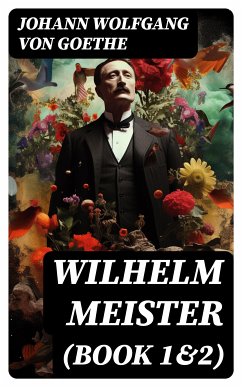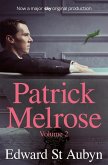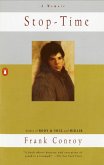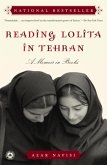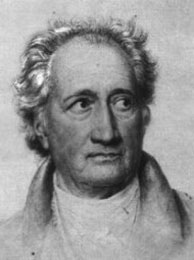In 'Wilhelm Meister's Apprenticeship,' Johann Wolfgang von Goethe masterfully intertwines a semi-biographical narrative with the bildungsroman tradition, exploring the journey of young Wilhelm Meister as he grapples with self-discovery and the pursuit of artistic fulfillment. Goethe employs a rich, lyrical prose style that evokes the emotional complexities of the characters while engaging with the philosophical ideas prevalent during the Sturm und Drang movement and the early Romantic period. This multi-layered work delves into themes of education, personal growth, and the interplay of societal expectations versus individual aspirations, reflecting the tensions of an evolving Germany during the late 18th century. Goethe, a polymath of the German literary scene, drew upon his own diverse experiences in the arts, politics, and personal relationships to craft a narrative that is deeply reflective of the human condition. His exploration of the interplay between the personal and the artistic journey is indicative of his own life, marked by a constant quest for meaning beyond mere societal conventions. Through these autobiographical parallels, Goethe positions himself as both a mentor and a seeker, engaged in the universal struggle of finding one's place in the world. 'Wilhelm Meister' is highly recommended for readers interested in the intricate dynamics of personal evolution and the artistic spirit. Its philosophical insights and lyrical beauty invite readers to reflect deeply upon their own paths, making this novel not only a significant literary work but also a timeless exploration of selfhood. Whether one is a newcomer to Goethe or fully immersed in his legacy, this book serves as a compelling entry point into the depths of human experience.
Dieser Download kann aus rechtlichen Gründen nur mit Rechnungsadresse in A, B, BG, CY, CZ, D, DK, EW, E, FIN, F, GR, H, IRL, I, LT, L, LR, M, NL, PL, P, R, S, SLO, SK ausgeliefert werden.

